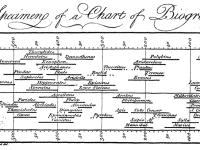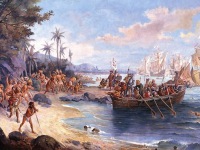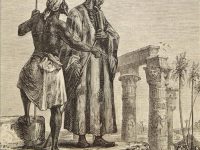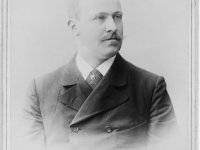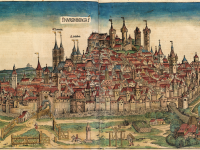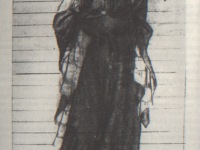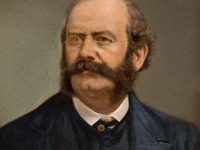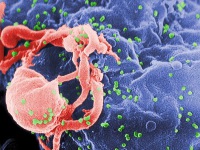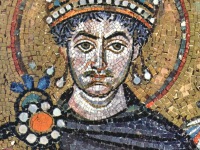The Influential Timelines of Joseph Priestley
On March 13, 1733 (March 24 according to the new Gregorian calendar), English theologian, Dissenting clergyman, natural philosopher and chemist Joseph Priestley was born. He is usually credited with the discovery of oxygen, having isolated it in its gaseous state, although Carl Wilhelm Scheele [3] and Antoine Lavoisier [4] also have a claim to the discovery. A scholar and teacher throughout his life, Priestley also made significant contributions to pedagogy, including the publication of…
Read more

